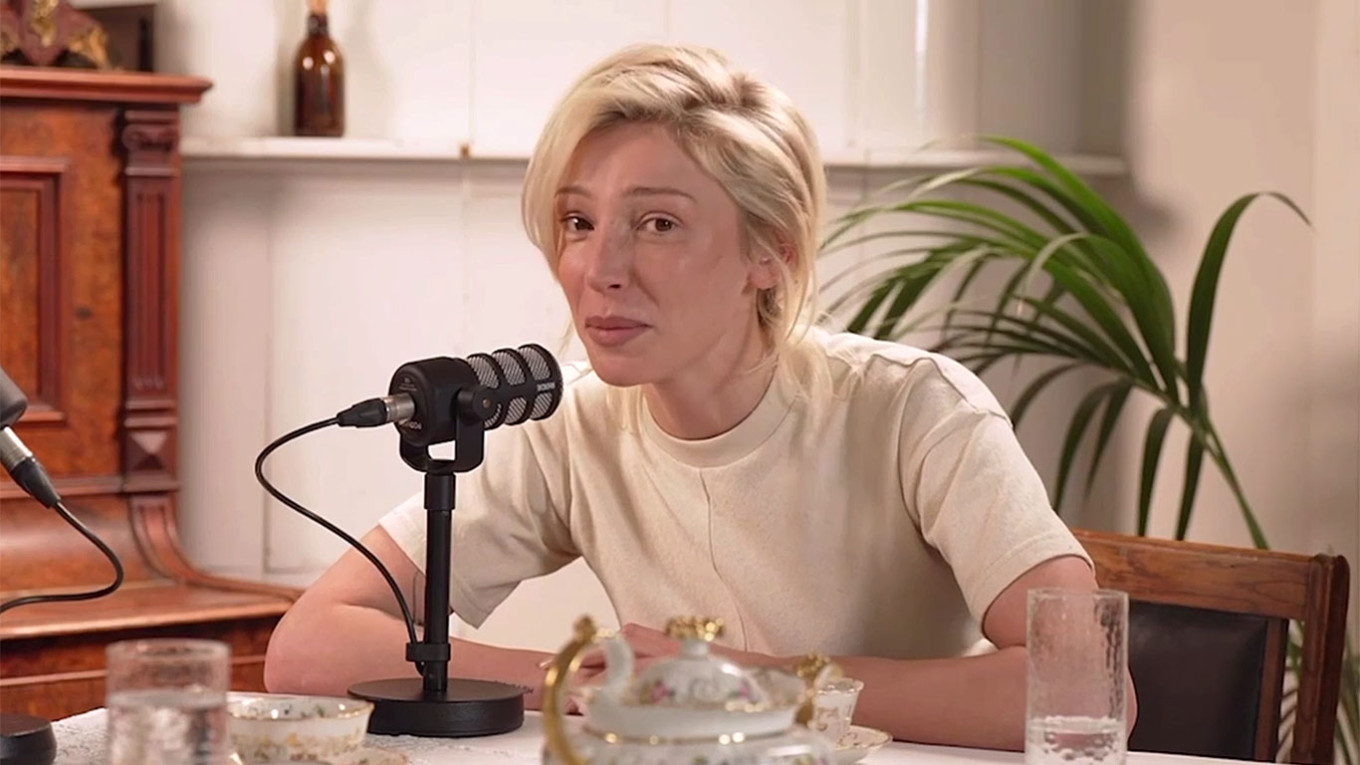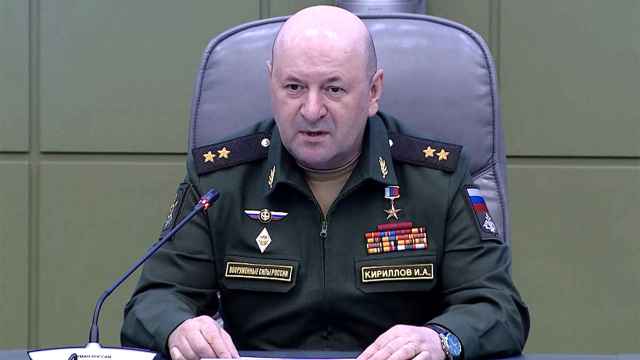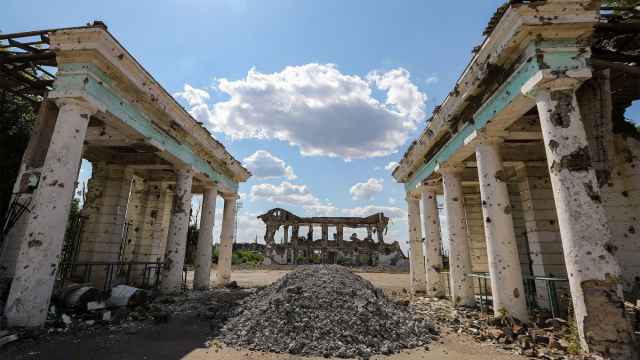Russian TV personality and blogger Anastasia Ivleeva, who stirred controversy late last year over her “nearly naked” party in Moscow, said she recently traveled to parts of occupied Ukraine.
“I didn’t publicize [my visit to the Donbas and the occupied city of Mariupol],” Ivleeva told the popular Russian YouTuber Luka Yebkov in an interview published on Friday. “It was very important for me to go on my own... without media spotlight.”
A Moscow court last week fined Ivleeva for “discrediting” the Russian military in a March 2022 Instagram post where she called on Russia and Ukraine to engage in peace talks to bring an end to the war.
But in the new YouTube interview, Ivleeva said the post was “irrelevant because there was no analysis, understanding or knowledge of any bit of historical facts in order to... make the right choice.”
At the same time, she said the political views of the late Kremlin critic Alexei Navalny, who died at an Arctic penal colony in February, were “never close” to her.
“I had a period when I didn’t have my own clearly formed opinion. I didn’t know how to behave properly, correctly, so I was subject to some popular trends,” she said, suggesting that despite not openly supporting Navalny, she may have been sympathetic to some of his ideas.
In March, Ivleeva announced that she planned to vote for President Vladimir Putin in the presidential election that month.
Her reported trip to occupied Ukraine and recent political statements follow public backlash against the star-studded “nearly naked” party she organized in Moscow in late December.
Ivleeva and other celebrities who were spotted at the private event issued on-camera apologies and have faced pressure to support what the Kremlin calls its “special military operation” in Ukraine.
A Message from The Moscow Times:
Dear readers,
We are facing unprecedented challenges. Russia's Prosecutor General's Office has designated The Moscow Times as an "undesirable" organization, criminalizing our work and putting our staff at risk of prosecution. This follows our earlier unjust labeling as a "foreign agent."
These actions are direct attempts to silence independent journalism in Russia. The authorities claim our work "discredits the decisions of the Russian leadership." We see things differently: we strive to provide accurate, unbiased reporting on Russia.
We, the journalists of The Moscow Times, refuse to be silenced. But to continue our work, we need your help.
Your support, no matter how small, makes a world of difference. If you can, please support us monthly starting from just $2. It's quick to set up, and every contribution makes a significant impact.
By supporting The Moscow Times, you're defending open, independent journalism in the face of repression. Thank you for standing with us.
Remind me later.






